A glance into the past: Miss Iowa, you’re ugly
Kamakshee Kuchhal ’24 takes a closer look into what makes Miss Iowa 2000 so unique.
In “A glance into the past,” columnist Kamakshee Kuchhal ’24 dives into the WSS archives.
“Miss Iowa, you’re ugly” by Brooke Lock, originally published in the Nov. 10, 2000 issue of WSS
Having only one hand must be tough, but it doesn’t guarantee a finalist spot, let alone the crown in a Miss America pageant.
Miss Iowa, Theresa J. Uchytil, has lived with only one hand her entire life, but managed to become very good at baton twirling in spite of her disability. She is the very first girl in the Miss America pageant’s history who has had a visible disability, which some people think is what kept her from becoming a finalist. Some people were devastated at finding out she didn’t make it, but they are all her supporters, and as one of the seven preliminary round judges, Myron Martin said, “You start with 51 and go to 10. Every one of those states feel their people should be in the top 10.” The fact is, she is not beautiful, whether she has one hand or not.
Some of the various talents the finalists had were vocal and piano, both very elegant and effective choices. Miss Iowa twirled a baton. Sure, she has received awards for her twirling, and the judges seemed to be impressed, but baton twirling can’t be beautiful or full of emotion like a piano piece or a song.
Previous Miss America’s have had disabilities. Miss America 1999, Nicole Johnson has diabetes, and Miss America 1995, Heather Shiteston is deaf. Both of these ladies used their flaws as their cause, just like Miss Iowa did. The only difference is that both the winners are shockingly much more beautiful than Miss Iowa is.
The fact also shows that the Miss America Organization is not afraid to crown those with a disability or a disease. If Miss Iowa would have, somehow, made it to the finals, the judges would not have overlooked her because she doesn’t have one of her hands. This is obvious because if that were what they were all about, they would have overlooked Miss America 1999, and Miss America 1995. They didn’t.
Past Miss America’s have had disabilities, but that doesn’t mean that each contestant, or finalist or winner needs to have, or represent one. The Miss America winners in 1995 and 1999 were not crowned because of their disabilities. They were crowned because they were the most beautiful, intelligent, and talented girls from their group.
One can’t assume that they will become a finalist, or go further simply because they have a disability. Using one’s disability as a free ride to become a finalist is not only wrong, and goes against the whole idea of the Miss America pageant, but extremely foolish.
Reflections
Sometimes you wonder how many people need to hear that if they don’t have anything nice to say, it’s best to say nothing at all.
If you haven’t gone through the phase yet, let me introduce you to the world of beauty pageants. They are competitions that focus mainly on ranking contestants based on their physical appearance. However, they also incorporate aspects of their personality (such as intelligence, talent, and being able to answer interview questions on the spot). Like any competitive activity, especially in such a direct form of comparing a trait you don’t have control over, toxicity is bound to form. Beauty pageants are known for creating unrealistic body images and lowering the self-esteem of individuals all around the world, especially young girls.
Miss Iowa 2000, Theresa J. Uchytil, was born without a forearm and hand. She used to wear a prosthetic, but eventually, said that she felt more comfortable being herself without it. She won two local beauty pageants to be crowned Miss Iowa, but lost the Miss USA competition. Uchytil is a hardcore believer in not letting her disability define herself, not taking “no” for an answer, and never giving up. Even if she didn’t win, entering a competition that challenged all three of her faiths is something not many can do; it’s not only brave but inspiring.
If you’re struggling with your self-esteem, just remember that you’re not alone. Just follow advice similar to what Miss Iowa 2000 did: if every day is a beauty pageant, then the world is your runway.
— Kamakshee Kuchhal '24
Although WSS is an old publication, and times were different back then, it doesn’t feel right to let a topic like this slide under our noses. If we truly want to never make the same mistake again, we have to start by learning why what we did was wrong. The negative effect of beauty pageants, especially created by harmful comments that occur from others, is the objectification of women. They’re viewed as mannequins, existent but devoid of any feeling or emotion. This can harm their self-perception of themselves, constantly fretting over their appearance, and can even cause long-term damage to their mental health.
It’s even harder for people with disabilities. The societal norm of a pageant winner being someone that’s “perfect,” which doesn’t include a person with disabilities, is only proof that the stigma around special needs still exists. The number of disabled women who have won beauty competitions at the national level has been extremely small. Unlike Miss Iowa 2000, most don’t have visible disabilities, which makes it a completely different situation to assess. This article proves the point that people with special needs simply don’t have the same opportunities as people without them.
I feel like it’s also unfair to attack someone for their talent. People can be good at different things, and that’s alright too. Even if Uchytil didn’t have an expertise as classy as the others, you risk a major detrimental impact to tell someone they aren’t talented enough. The photos were repulsive too. Drawing the nose a bit darker and larger was unnecessary. Being made for simply the “wow-factor” is what makes it disrespectful. Personally, I believe the worst part of this article was to say that contestants would use their disabilities as an edge in the competition. This isn’t something you can remove once you’re tired of it, and as soon as you want to reap the benefits, you put it back on. People with special needs have to deal with the difficulties and overcome them on a daily basis, and it’s unfair to devalue what they have to go through.
The author could’ve made a good point when she says that Miss Iowa didn’t lose because of her disability, but because she simply wasn’t pretty or talented enough. This is a competition, there are judges and other competitors, people are bound to be rated and evaluated. However, the fact that this was an opinion writing piece and doesn’t provide any statistics is what makes it even more hurtful.
With something as objective as beauty, as the old saying says, the real truth is within the eye of the beholder. If you’re struggling with your self-esteem, just remember that you’re not alone. Just follow advice similar to what Miss Iowa 2000 did: if every day is a beauty pageant, then the world is your runway.
Your donation will support the student journalists of West High School. Your contribution will allow us to purchase Scholarship Yearbooks, newsroom equipment and cover our annual website hosting costs.

(she/her) Kamakshee Kuchhal is a senior at West High School and is super excited for her third (and last) year on West Side Story Print Staff. Besides...

(she/her) Alex Carlon is a senior at West High and editor-in-chief of the web publication. When she's not helping out on the website she can be found playing...



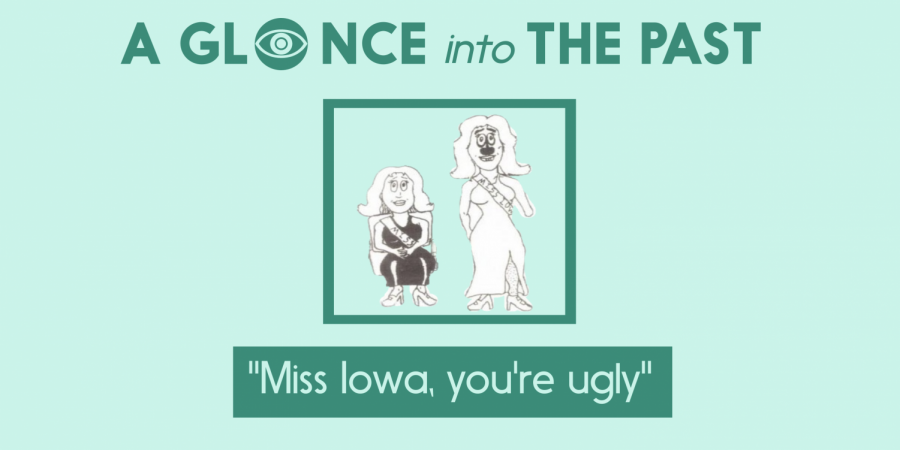

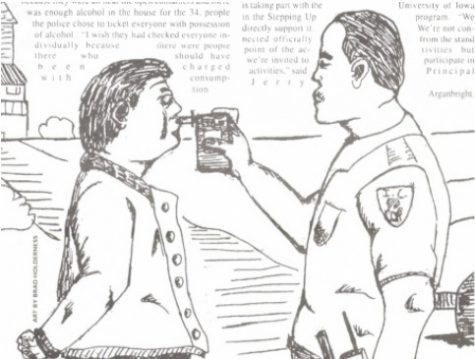
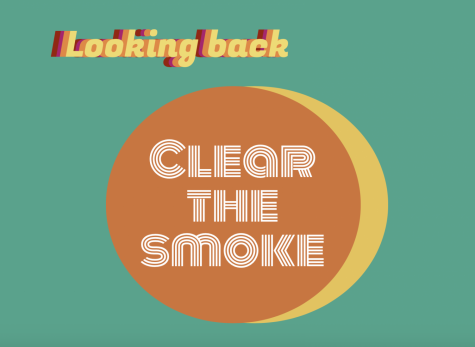
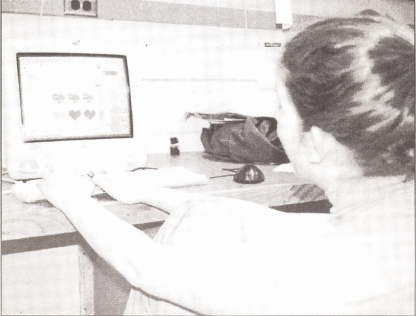
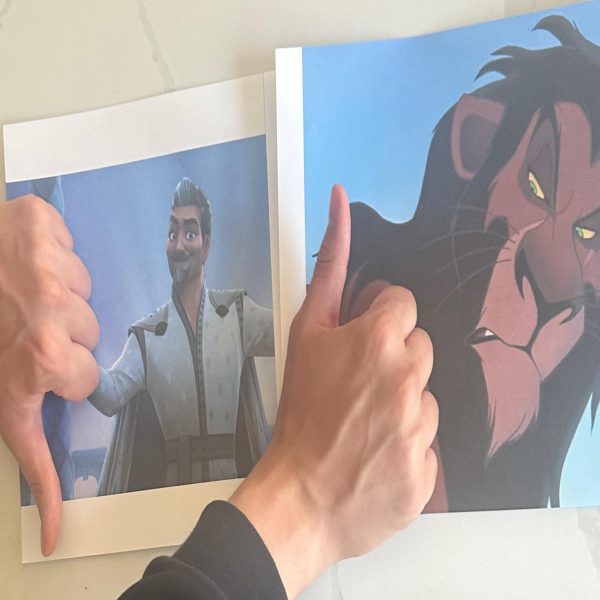

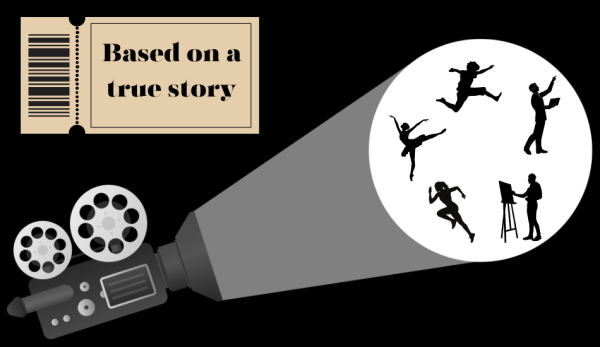





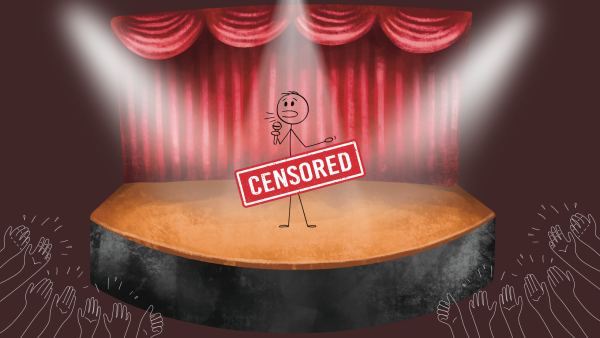
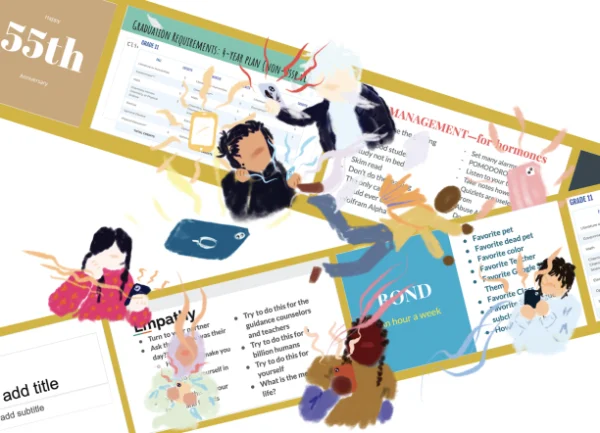

anonymous • Apr 8, 2021 at 11:26 am
Such a well written article, totally worth the read. I loved it!